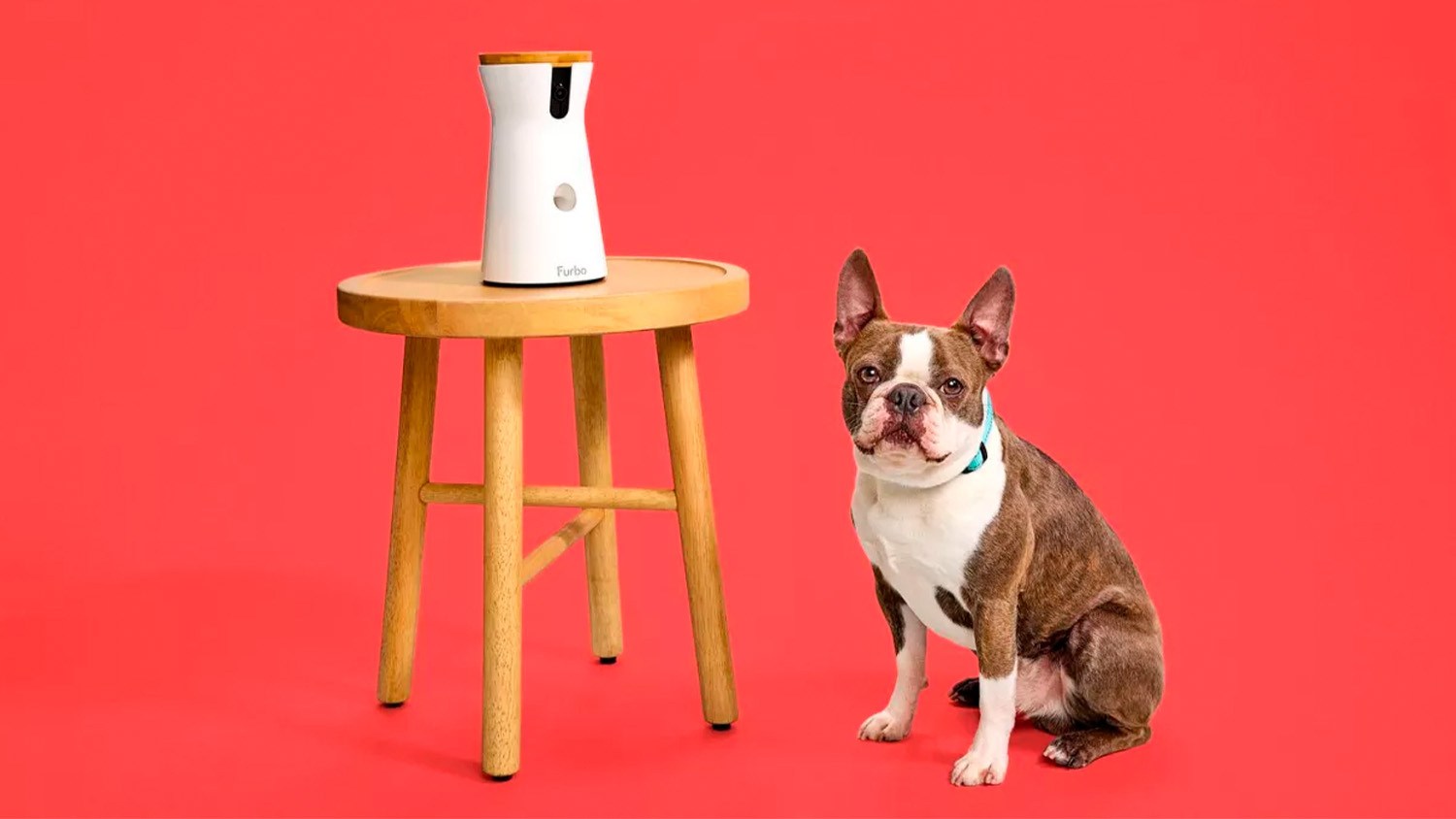MEMPHIS, Tenn. (WREG) — A radiology fellow at Le Bonheur Children’s Hospital and the University of Tennesee Health Science Center says artificial intelligence chatbots like ChatGPT have the potential to change the future of medical writing.
To make his point, Dr. Som Biswas recently published an article on the subject of Radiology that was written entirely by ChatGPT.
ChatGPT is an artificial intelligence model created by the research company Open AI. Launched in November 2022, ChatGPT and others like it generate text by processing large datasets of text and producing similar text. It uses natural language processing (NLP) technology, a field of computer science that develops systems to understand and generate human language.
These technologies have many potential uses in the field of medical writing, said Biswas. The top benefits, he said, include automation and efficiency, such as extracting information from electronic medical records or assisting with literature searches, and improving the speed and accuracy of document creation, such as article generation and meeting summaries.
“The use of chatbots and NLP technology has the potential to change the way medical writers operate,” said Biswas. “Documents could be more accurate, more consistent, and require less effort from a human medical writer.”
Dr. Biswas said he did have to make some edits to the Radiology article written by ChatGPT.
He said that AI technologies need to evolve to be effective in the medical field and will not replace human medical writers in the near future.
According to Biswa, language models do not have the medical expertise and specialized knowledge needed to write in-depth on particular subjects. Second, ethical issues regarding plagiarism, bias, and errors are a concern when using the current version of ChatGPT.
“Overall AI-powered language models are powerful tools that could assist human writers in some tasks,” said Biswas. “However, as we move forward with adopting this technology, we must consider the limitations and potential risks of using AI in the writing process.”
To read the article written by ChatGPT, click here.



















